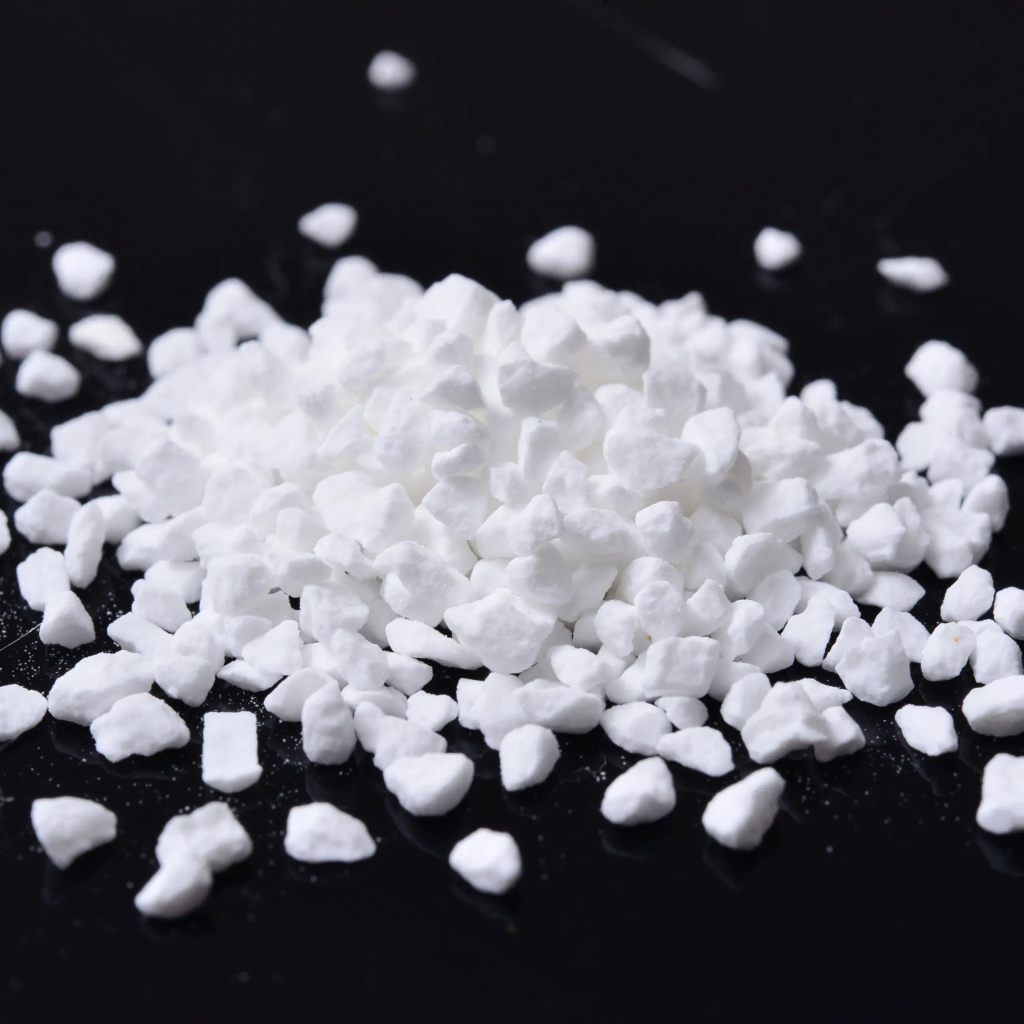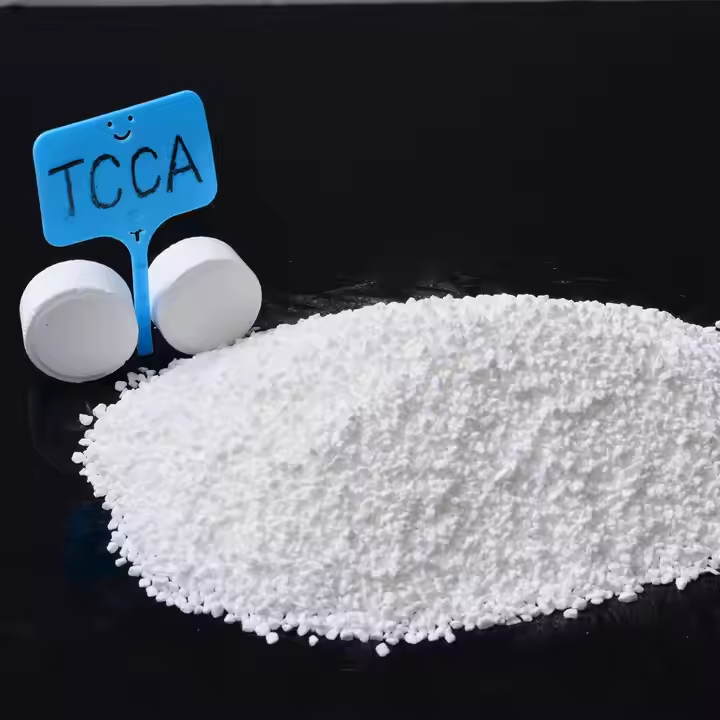In the realm of water treatment and sanitation, Chlorine tablets have emerged as indispensable solutions, ensuring the cleanliness and safety of pools, spas, and even drinking water systems. With their “hot sale” status and reputation for being the “best cheap chlorine tablets,” understanding the intricacies behind their production is crucial for both consumers and manufacturers alike. This article delves into the production process, raw material selection, and quality control measures employed in Chlorine tablets manufacturing, highlighting the journey from raw ingredients to a finished, effective product.

The Raw Materials Foundation
The production of Chlorine tablets begins with the careful selection of raw materials. These primarily include sodium hypochlorite, calcium hypochlorite, or dichloroisocyanurates, depending on the desired form and application. Each raw material brings unique properties, influencing the tablet’s stability, dissolution rate, and overall effectiveness.
For instance, sodium hypochlorite, commonly used in liquid bleach, serves as a foundation for some Chlorine tablets due to its high chlorine content. Calcium hypochlorite, on the other hand, is preferred for its longer shelf life and higher chlorine availability. Dichloroisocyanurates offer stability in granular forms, making them suitable for specific applications.
The Production Process: A Step-by-Step Insight
Once the raw materials are sourced, the production process begins with precise formulation. This step involves mixing the chosen raw materials with binders, stabilizers, and sometimes coloring agents to enhance visual appeal and identify different strengths. The formulation process requires meticulous attention to detail, ensuring accurate proportions for optimal performance.
Next, the blended mixture is fed into a tablet press machine. Here, under controlled pressure and temperature, the mixture is compressed into tablet form. The design of the tablet press mold can vary, influencing the shape, size, and imprinting of the Chlorine tablets. This stage is crucial for achieving uniformity in size and weight, which directly impacts dissolution consistency.
After pressing, the tablets undergo a drying process to remove any moisture, ensuring they are stable and ready for packaging. Drying is often carried out in specialized ovens or through air-drying methods, tailored to the specific raw material and formulation used.
Quality Control: Ensuring Consistency and Safety
Quality control is the backbone of Chlorine tablets manufacturing. It begins with rigorous testing of raw materials to ensure they meet quality standards. During production, in-process checks are conducted to monitor the formulation, pressing, and drying stages, ensuring each batch meets predefined specifications.
Post-production, finished Chlorine tablets undergo extensive testing for chlorine content, dissolution rate, pH level, and stability. These tests are vital for verifying that the tablets will perform as intended, providing the necessary sanitization without adverse effects.
In addition to chemical analysis, physical attributes like hardness, friability (resistance to crushing), and appearance are assessed. These parameters ensure the tablets are durable during handling and storage, while their appearance reassures consumers of their quality.
Market Positioning: Hot Sale Chlorine Tablets and Best Cheap Chlorine Tablets
With the production process and quality control firmly in place, manufacturers strive to position their Chlorine tablets as “hot sale” items and the “best cheap chlorine tablets” on the market. Achieving this status involves not just producing a high-quality product but also understanding consumer needs and preferences.
Manufacturers often conduct market research to identify gaps in the market and develop products tailored to specific applications, such as swimming pools, spas, or drinking water systems. By offering a variety of tablet strengths and sizes, they cater to diverse customer requirements.
Moreover, effective packaging and labeling play a significant role in marketing. Clear instructions for use, safety warnings, and lot numbers for traceability enhance consumer confidence. Attractive packaging designs and eco-friendly materials further boost appeal, positioning Chlorine tablets as not just a necessary chemical but a user-friendly, reliable solution.
Conclusion: The Art and Science of Chlorine Tablets Manufacturing
Chlorine tablets manufacturing is a blend of art and science, combining precise formulation, meticulous production processes, and rigorous quality control to create effective, reliable products. By focusing on raw material selection, optimizing production steps, and ensuring consistency through rigorous testing, manufacturers can produce Chlorine tablets that meet the demands of a wide range of applications.
As the market for “hot sale Chlorine tablets” and “best cheap chlorine tablets” continues to grow, manufacturers must remain agile, innovating to meet evolving consumer needs and regulatory requirements. By embracing these practices, Chlorine tablets manufacturers can solidify their position as trusted providers of essential water treatment solutions, ensuring cleanliness and safety for all.
In summary, Chlorine tablets manufacturing is a comprehensive process that begins with raw material selection and concludes with quality control measures. By adhering to strict guidelines and continuously improving production processes, manufacturers can produce Chlorine tablets that are not only effective but also consumer-friendly, contributing to the health and safety of water systems worldwide. With their proven efficacy and cost-effectiveness, Chlorine tablets remain a staple in water treatment, solidifying their reputation as “hot sale” and “best cheap” options in the market.


 Instant
Quote
Instant
Quote Email
Us
Email
Us